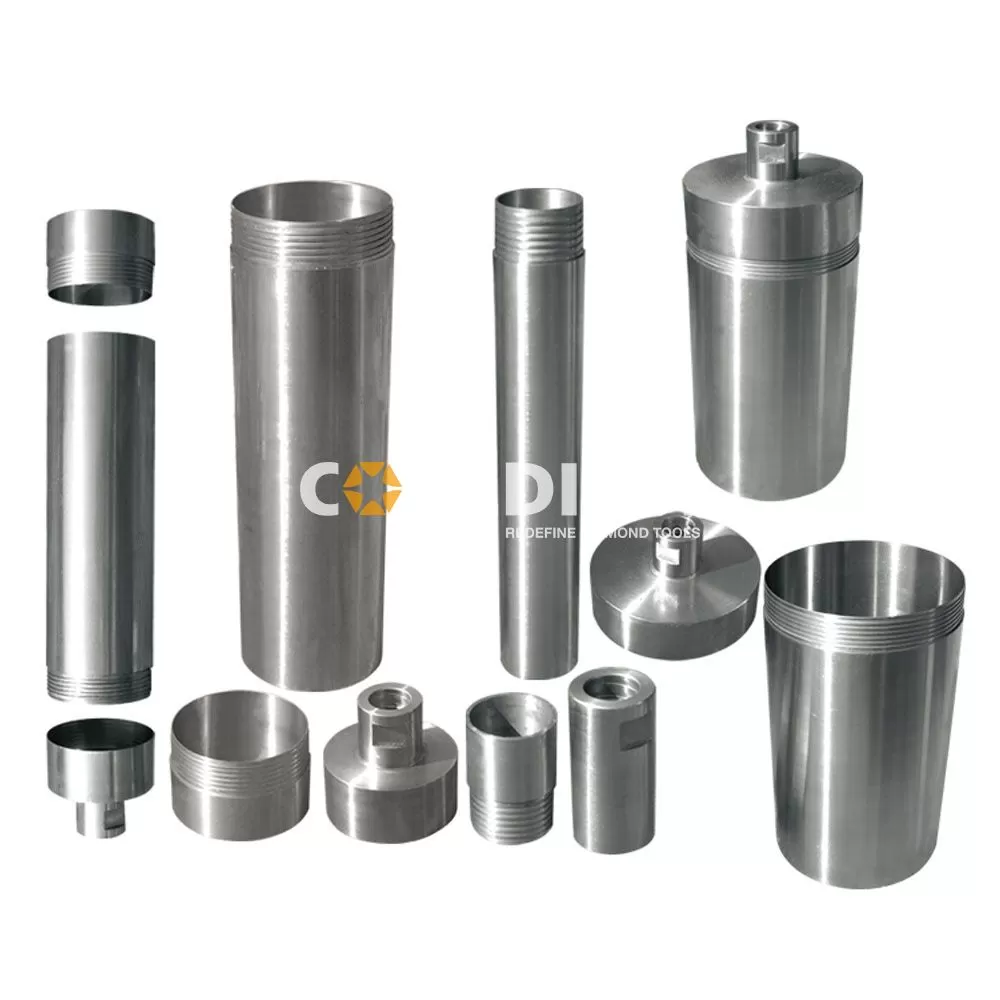Your Position: Home - Other Construction Tools - 6 Ways to Extend the Life of Your Diamond Core Drill Bits!
If you want to have an efficient and profitable drilling operation, getting the longest possible drill bit life is key. Replacing drill bits takes time, especially when drilling deeper, and the time spent replacing drill bits is wasted.
Let's say the average drill bit life is about 125 meters. In this case, if you drill 1,000 meters, you can expect to change the drill bit 8 times. If you extend the life of your drill bit by only 15%, you can expect to change one less drill bit. The deeper the hole, the more time you save. At a hole depth of about 800 to 1,000 meters, it takes 4 hours to change a drill bit. Here are 6 tips to help you get an extra 15% drill bit life.
1. Choose the right drill bit based on the hardness of the rock you are drilling. The hardness of the rock formation is measured based on the Mohs hardness scale, a chart of the relative hardness of various minerals. It is expressed on a ten-digit scale from 1-10. 1 is the softest and 10 is the hardest. The drill bit matrix is developed to perform ideally in a range of rock grades, so you need to select a drill bit that is appropriate for the hardness of the formation you will encounter. There are tools that can help you identify the hardness of the formation, such as etching kits or scratch tests.

2. Use drilling fluid additives. Reducing torque can extend the life of equipment. Torqueless is an environmentally safe product that can be used alone or in combination with other additives to lubricate, reduce wear and rust on the rod and cool the diamond drill bit. Used with other materials (DD-2000), it can also increase the viscosity of the drilling fluid, making it easier to flush out the cuttings. Another benefit is that it is non-abrasive and helps cool and protect the core drill bit, which can make the drill bit last longer when used with Torqueless.
Suggested reading:3. Choose the right waterway configuration. The waterway configuration should be considered according to the conditions encountered.
4. Determine water flow: Make sure there is proper and sufficient water flow to the drill bit. Make sure your drill rod is not leaking. The proper flow and pressure at the drill bit face will ensure that the cuttings are flushed and the drill bit is cooled.
5. Choose a high matrix drill bit. A drill bit with a higher body can achieve more footage before changing the drill bit, which is especially important in deep hole construction.
6. Use a drill bit body material that matches the formation type.
101
0
0
Comments
All Comments (0)